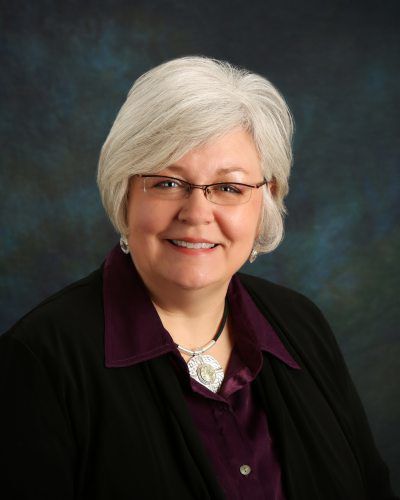The Dubuque County supervisors this week again pushed back the approval of $1.5 million they budgeted this year for an annual grant program for nonprofits and local governments.
Supervisors Jay Wickham and Harley Pothoff argued that many projects, for which organizations applied to the county grant program, would qualify for the $19 million Dubuque County was allocated through the American Rescue Plan Act.
The county’s annual grant program distributes funding for services provided by organizations within the county that supervisors deem beneficial to the community. Normally, organizations apply either early in the calendar year or late in the year before. Then, the Board of Supervisors votes on which applications will receive funds.
This year, the county received 41 applications for $1.68 million worth of funding. The Board of Supervisors in March set aside $1.5 million for the program, but at that time did not decide how that money would be distributed.
Wickham this week said he wanted to push back approval of the grants until after the supervisors decide how to allocate the ARPA funds.
“I would like to use ARPA funds to do really good things in the community,” he said. “There could be overlap there. I would like to see us do the American Rescue funds and see how many of these we can fit into there.”
Wickham said that with $19 million in federal funds, he was hesitant to spend any money from the county’s general fund — which comes from county property taxes — that the county did not have to.
“I have been working with government a long time,” he said. “You do not want to spend a whole lot out of the general fund. Those are finite. And if things go poorly, that’s when you have to increase the tax levy.”
Wickham added that county governments regularly roll budgeted dollars over into the next fiscal year when they go unspent, which could be done with budgeted grant money replaced by ARPA funds.
Pothoff agreed that there was likely going to be some crossover.
Some of the projects in applications this year were for capital projects, which would be in keeping with clear language in the ARPA qualifications. The City of Dyersville, for instance, requested $200,000 for utility infrastructure. Creative Adventure Lab requested $50,000 for setting up labs in rural Dubuque County. Hillcrest Family Services requested $85,000 for a new elevator. The Dubuque County Fair Association requested $20,000 to replace heating and A/C units in the 4-H Community Center.
Pothoff was concerned, though, that delaying the distribution of the funds too much would harm the nonprofits.
“We can’t just keep pushing it back and pushing it back,” he said. “Some of these groups were relying on this.”
Supervisor Ann McDonough also voiced concern for delaying any further.
“We can’t stop this to have a strategic planning session,” she said. “We need to go through this.”
But, Pothoff joined Wickham in wanting to wait until the other side of the board’s ARPA approval process.
Therein, internal county departments have until the end of this month to submit their proposals for ARPA projects. External groups — like those who applied for the county grant program — have until Sept. 15 to submit their applications.
Wickham and Pothoff directed County Budget Director Stella Runde to inform the applicants for the county grants that they need to instead first apply for the ARPA programs.
Wickham thought that many of the organizations who had applied had also probably received other aid from the federal government that would keep them whole until the Board of Supervisors decides on its grant distributions.
According to Carol Jablonsky, grants and publications director for Riverview Center, it would be fine with a delay as long as the $70,000 they requested for operations arrived eventually.
“Obviously, the pandemic has been interesting,” she said. “But we have been lucky to be applying for and diversifying our funding to blanket us from that. We have backup funds to cover us. If it’s coming, we will be fine.”
These county grant dollars would have normally been distributed as of July 1. During budget setting this year, however, the board tweaked the way they dole the dollars out, leading to delays in distribution.



